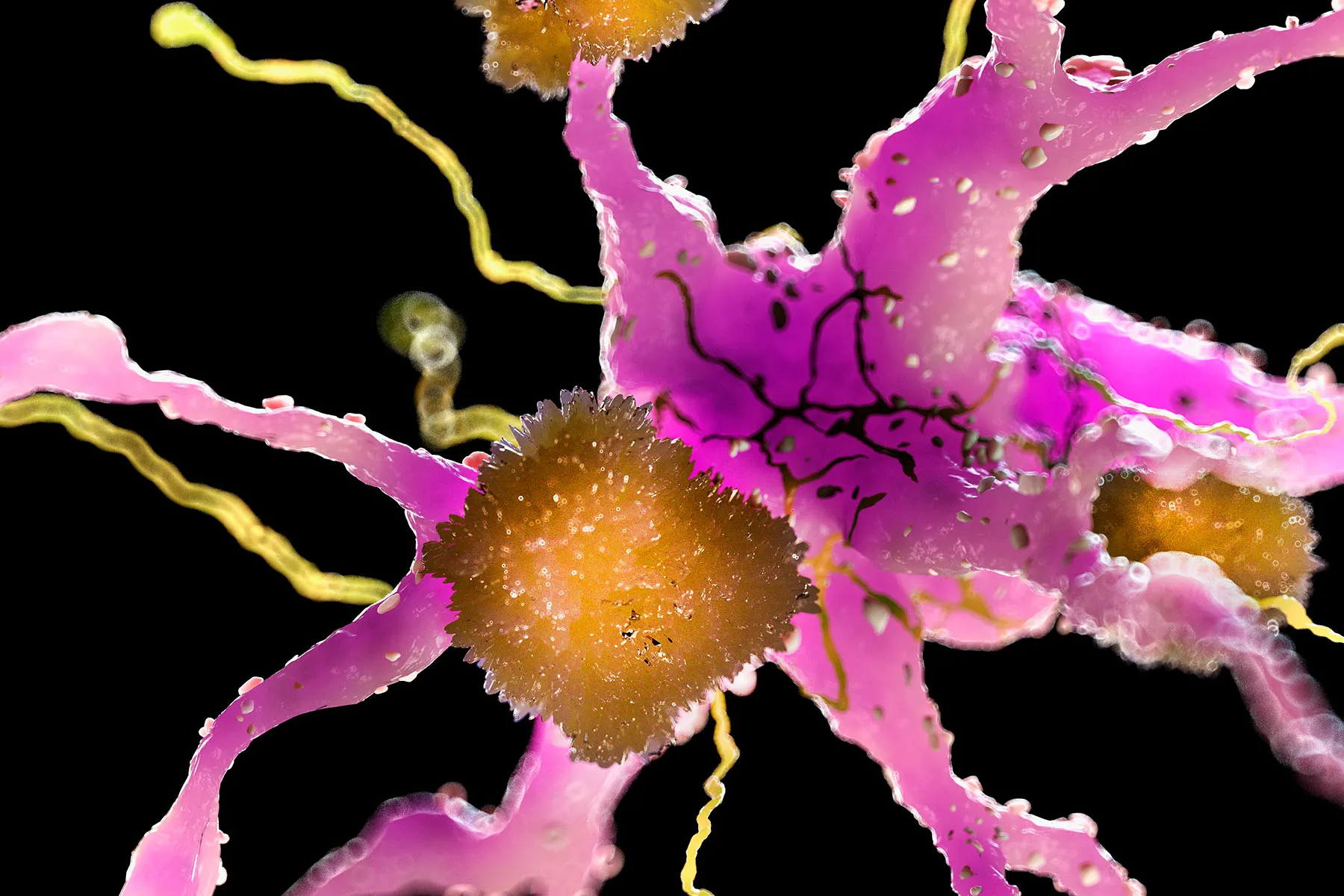Police, Jurors, Judges Need Education About ‘False Memories’: Researcher
False memory "experts" hired by the defense and the prosecution often end up battling out their scientific disagreements in court, warns Dr. Julia Shaw, a UK researcher.

False memories, the term given to recollections that are either partially or entirely incorrect, are often decried as unethical in the context of a trial, despite being considered scientific fact elsewhere, writes Dr. Julia Shaw for Science Focus. In criminal justice settings, false memories can involve a witness misremembering important details, misidentifying a perpetrator or even misremembering an entire crime.
In a 2015 experiment, Shaw, a research associate at University College London, found that 70 percent of her participants developed false memories after three leading or suggestive interviews. Although memory researchers as a whole have long accepted that false memories exist, experts hired by the defense and the prosecution often end up battling out their scientific disagreements in court. Shaw says educating police, jurors and judges on how memory works should empower them to better differentiate between high- and low-quality (or even impossible) memory evidence.

 Landwebs
Landwebs 


















/cdn.vox-cdn.com/uploads/chorus_asset/file/24430706/elon_musk_twitter_for_you.png)



